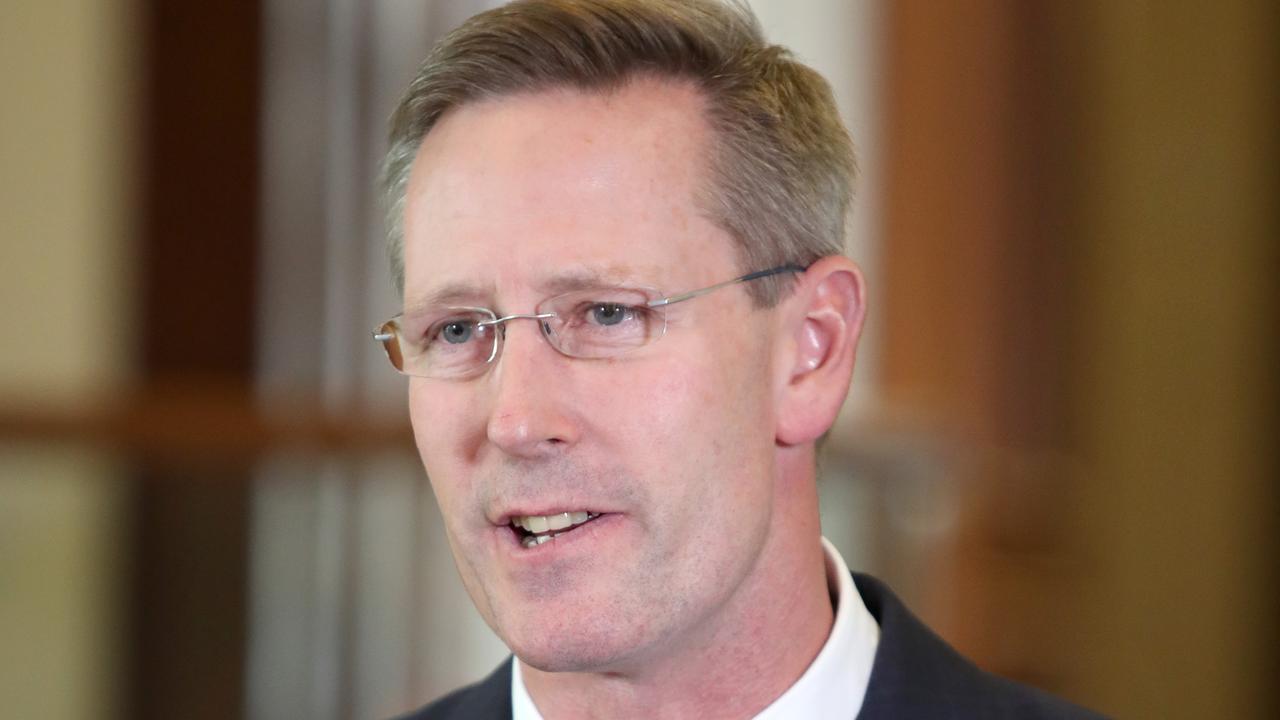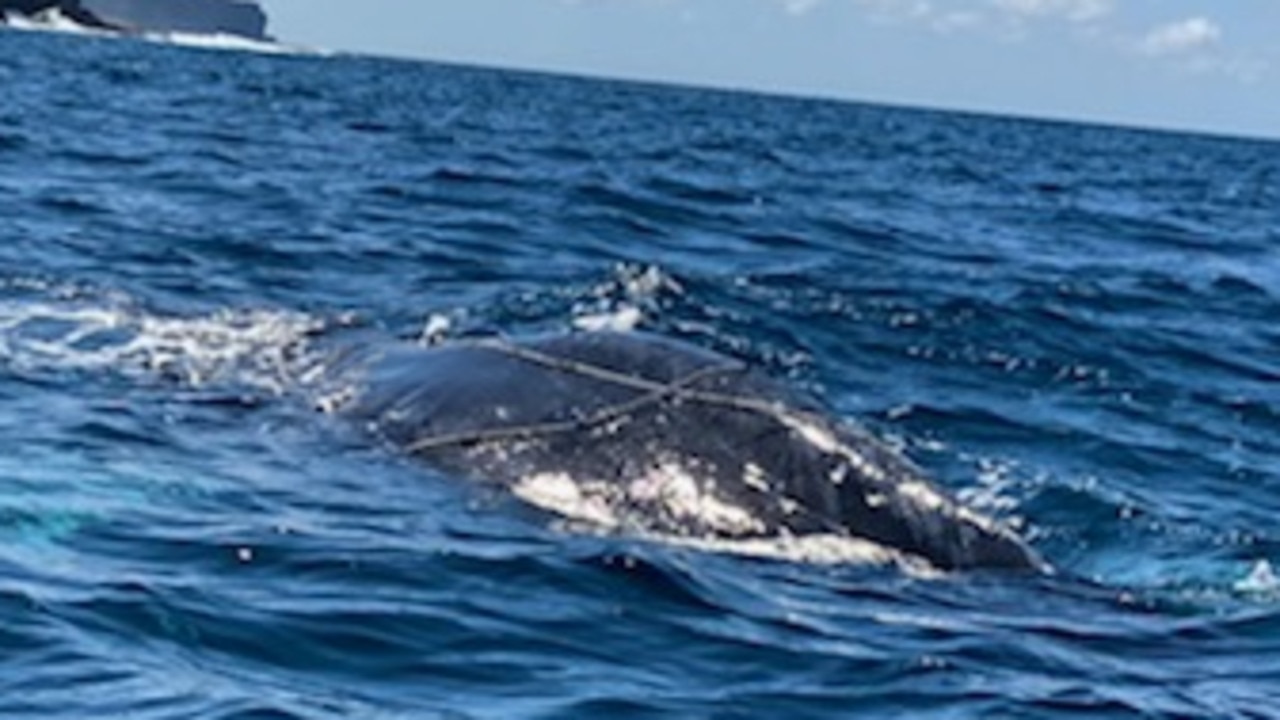Could Australia follow in Ipswich City Council’s footsteps and end recycling?
WE’VE spent decades perfecting it but Australia is in the grips of a recycling crisis — and one council has already called it quits.
IT TOOK Australia decades to get people interested in recycling but our beloved yellow bins could be at the end of their life cycle after one Queensland council said the whole ordeal had become too expensive.
Earlier this week, Ipswich City Council told residents it didn’t matter whether they put their rubbish in the red or yellow bin anymore because it was all headed the same way — to landfill.
Mayor Andrew Antoniolli even admitted yesterday that the council had already spent the past month dumping the contents of everyone’s yellow bins in landfill after recycling contractors told them they’d be charging an extra $2 million a year — equivalent to a 2 per cent rate rise.
But just because Ipswich is the first council to call an end to recycling doesn’t mean it’s going to be the last.
A number of councils across Queensland are likely to follow suit in the coming weeks while several in New South Wales, including some located in Sydney, are also less than a month away from abandoning the scheme.
The President of Local Government New South Wales Linda Scott said a number of councils in the state are desperate for funding and are verging on bailing out of the scheme.
“This has been a really urgent, big problem around NSW,” Ms Scott told the ABC.
“We hope [the affected councils] will be able to avoid this.
“We really need urgent support to develop new industries in NSW so that we can process our waste here in a sustainable way.”
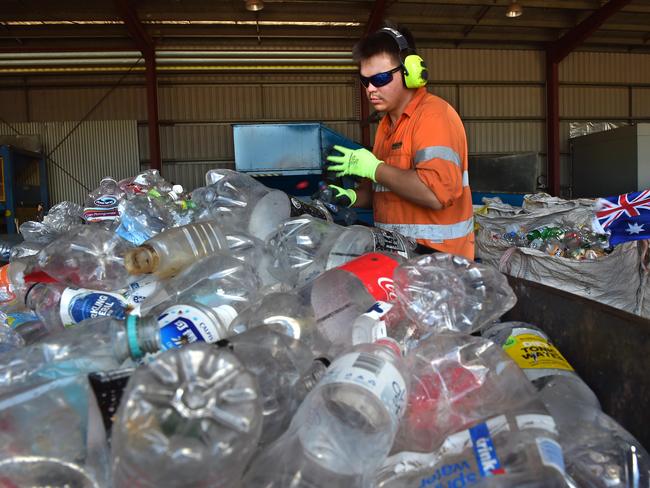
John Moynihan, a sustainability expert from Brisbane, said Ipswich bailing out should frighten Aussies.
There will be a domino effect council to council — before you know it, everybody will abandon it because it’ll be a case of, ‘Well if it’s good enough for them, we can save some revenue, so it’s good enough for us’.”
“It’s quite a frightening development,” Mr Moynihan told the ABC.
“This thing isn’t out of the blue, it’s not something that’s insurmountable … it comes down to a responsible council,” he added.
In January, China told a number of foreign countries, including Australia, that it would no longer accept 24 different types of recyclables and solid waste.
It’s left depots all across the nation with stockpiles of unprocessed plastic and glass, without the room or capacity to process it.
DO AUSSIES EVEN KNOW HOW TO RECYCLE?
China’s recent ban on importing solid waste — which stopped Australia from exporting its usual 600,000 tonnes of rubbish there — is partially to blame for the Ipswich decision.
But the Queensland council said the Chinese ban, which led to recycling contractors raising their fees by $2 million a year, is only part of the problem.
It turns out Ipswich residents are pretty terrible at recycling. Pizza boxes are a huge problem because often if they’re covered in cheese or oil, they’ll be sent to landfill.
Other items like broken plates, foam packaging, light bulbs, coat hangers and dirty tissues or serviettes are also regularly but wrongly dumped in yellow bins.
But the biggest issue of all — according to a 2015 Planet Ark survey of 115 Australian councils — was plastic bags getting put in yellow bins.
Any food waste attached to recyclable items leave them contaminated and things like nappies, pyrex dishes and wine glasses should all be going in the red bin.
Rigid plastic containers, glass bottles, jars, steel and aluminium cans, aluminium foil, paper and cardboard are all items that can and should be recycled.
Around Queensland, Brisbane City Council boasts an 80 per cent recycle rate on its yellow-top bins, citing a successful education program. And nearby Logan and Gold Coast councils have so far said they’re not going to ditch recycling.
Logan’s contamination rate however is still quite high, with around 30 per cent of waste in yellow bins non-recyclable.
A 2011 report by the Department of Environment and Energy found that Australia’s national recycling rate was 51 per cent.
But the actual rate of how much Australia is recycling is difficult to determine considering the lack of a national database of facilities.
WHAT’S THE ANSWER?
The recycling crisis might be a new one but it’s one that Australia will have to deal with very soon.
Educating people about what can and can’t be recycled is only one small way we can begin to fix the problem.
Some councils are getting creative — trying to get residents to think about their waste management.
In Western Australia, one council is even rolling out completely see-through yellow bins to make people more accountable for their waste.
Mindarie Regional Council, in the north of Perth, will launch the campaign Face Your Waste to encourage people to improve their yellow bin use.
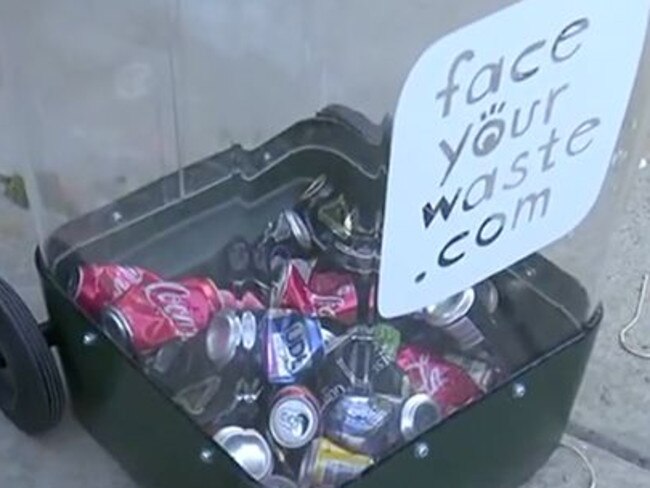
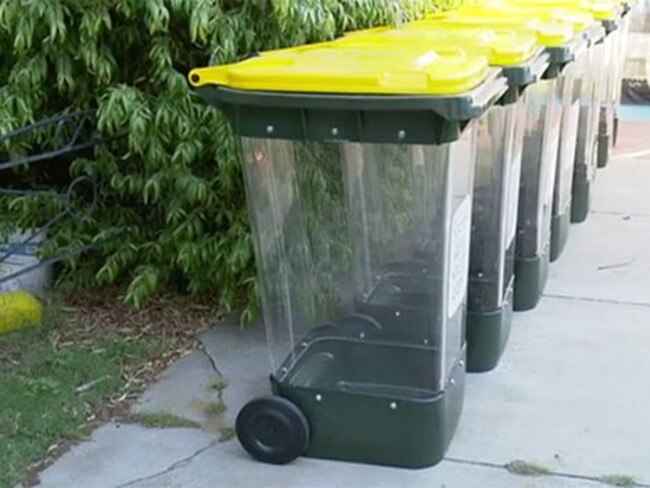
On Monday, 20 homes will be given the clear bins for eight weeks, which the council’s CEO Gunther Hoppe hopes will get people talking.
“If you have lots of waste in your bin, we’d love people to have a conversation about reducing it,” Mr Hoppe told ABC Radio.
“Or if someone has a little bit of waste in the bin — we’d love people to ask how their neighbour they manage to get the waste so low,” he added.
“What we want people thinking about is how you go about reducing the amount of waste you produce.”
But even if Australia does up its recycling expertise, something we’re already pretty good at, the nation is still in dire need of more facilities to actually recycle the items.
Originally published as Could Australia follow in Ipswich City Council’s footsteps and end recycling?

